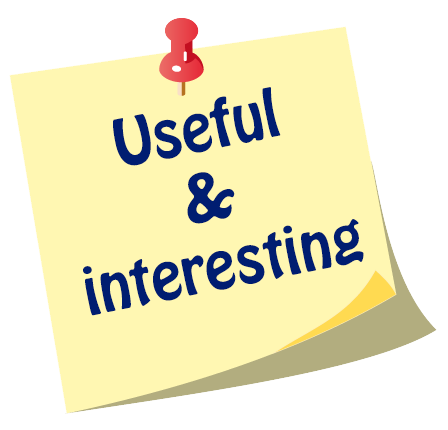
This project promotes open access materials and has been funded with support from the European Commission - Erasmus+ program. These materials reflect the views only of the author, and the Commission cannot be held responsible for any use which may be made of the information contained therein.
[Project Number: 2016-1-HR01-KA201-022159]
![]()
 Programme: Erasmus+
Programme: Erasmus+
Project: Handbook for reluctant, struggling and poor readers
Key action: Cooperation for innovation and the exchange of good practices
Action: Strategic Partnerships
The most imapcted field: Strategic Partnerships for school education
Project Start Date: 1-09-2016
Project End Date: 31-08-2018
Project number: 2016-1-HR01-KA201-022159
Millions of children throughout Europe enter secondary school able to read, but not well enough to do well in school. Their reading is hindered by obstacles they cannot yet overcome by themselves. They need the help of competent others, especially the help of professional teachers. With specialised support, these young people can develop good, even excellent literacy skills. By identified need for explicit instruction and educational support on reading strategies together with psychological support to build up motivation and self-confidence, individual readers’ needs will be carefully identified. Through methodology of metacognitive approach that gives students tools for comprehending and studying written texts, through motivational activities, best practices and methods will be implemented in order to define efficient ways to successful promotion of reading with RSP's. These activities will allow students to interact, be creative and ultimately grasp key concepts from the motivational texts.
Handbook for RSP reader’s project treats literacy as an essential part of the human right to education. The right to literacy in this project is translated into the right to support: nobody struggling with literacy should be left to struggle alone. Addressing the needs of RSP readers, this project aims to improve their reading skills by helping them to overcome their lack of confidence in their own capabilities as well as their lack of motivation. By applying metacognition and reading comprehension strategies, imminently incorporated in the final product of this project (O2), their reading will become more conscious and strategic. Such practice will have a positive impact on the reading motivation by enabling the students to exercise their autonomy and their ability to think with ultimate impact on the development of their self-regulative capacities. Changing the self-concept of RSP readers by involving them in texts will be the main objective of this project.
Open and innovative education, training and youth work, embedded in the digital era.
Bearing in mind that Struggling readers are a heterogeneous group, so no single teaching strategy works for all of them, this project offers a mix of instructional strategies adapted to the level of their competence so that they can benefit from it. Once students realize they have their own role in the educational process and feeling of self-determination, they will much less likely give up and become more willing to continue to develop their skills even when they encounter difficulties. In order to achieve these objectives the project will propose a compilation of appealing text materials that will meet RSP readers’ interests. It can be said that RSP's benefit from texts that are authentic, interesting and relevant. The primary factor in selecting reading material will be toward an increase of interest and engagement by focusing on improving RSP readers’ self-efficacy in reading. Successful strategies and practices for tackling reading difficulties are rarely addressed in the curricula. Innovative curricula will be produced as part of this extensive package. It will propose the model of gradual transition from canonical and academic literacy across subject areas in all kinds of media, primarily through ITC, in order to meet actual needs of RSP readers. While the leisure time activities of adolescents are strongly influenced by the use of the new digital media, their use in lessons is sporadical. Possibly, this provides evidence for a problematic gap between the reading behaviour in school and in leisure-time, and points to the fact that school does not meet the demands of multi-modal reading and media literacy. This project will include media literacy and ICT into reading instructions in order to improve the reading capacity of RSP readers.
Strengthening the profile of the teaching professions.
The project initiative will help secondary school teachers/educators/librarians/psychologists /instructional trainers/stakeholders in development of skills needed to support struggling readers. Teacher development training modules (O4) offered within this project will pursue a simple task to improve their competencies in reading instruction. The aim of this project is to raise the quality of teaching and learning through innovative methods that would ultimately create change in the literacy paradigm. Moodle platform, accompanied by appropriate teaching materials and resources (texts, videos, links to websites, students’ activities, and assessment tests) will be presented to help teachers introduce sustainable development into classrooms. All the materials will be developed by the project partners. We believe that ultimately, the project results will be able to help the educators and national decision makers to achieve what EU experts are calling for.
Contact
X gimnazija ''Ivan Supek''
Ul. Vjekoslava Klaića 7
10000
Zagreb
E-mail: partners@handbook4rspreaders.org










